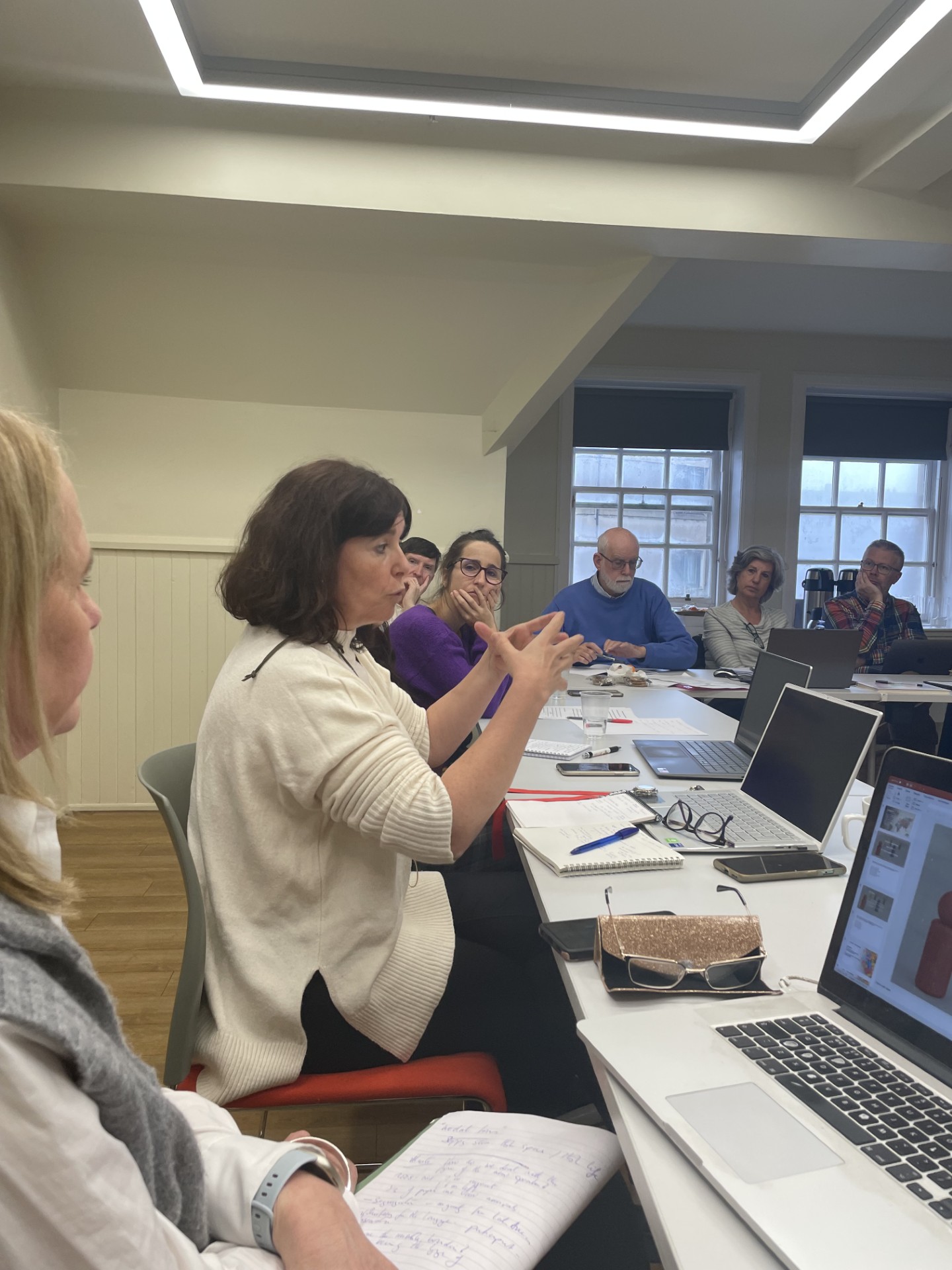All Wrapped Up!: British Academy Fellowship 'New Geographies of Language in Minority Language Sociolinguistics'
Published: 16 September 2024
Bernie O'Rourke’s Mid-Career British Academy Fellowship came to a close earlier this year following an eventful twelve months of ethnographic fieldwork, writing up of results and engagement with policy makers and language planners across a range of European minority language contexts.
In the city of Glasgow there are almost as many speakers of Gaelic as there are in some parts of the Scottish Highlands and Island communities. There are more speakers of Irish in Dublin than there in the traditional Irish-speaking Gaeltacht communities. The number of Basque speakers is growing in cities such as Bilbao.
These are other European minoritized languages are spoken beyond the territorial confines of their regional and national communities. They are also spoken in the diaspora and we find a growing and dynamic virtual community of speakers worldwide.
The project sought to shift the narrative away from language endangerment and language decline which often underpins discussions around multilingual sustainability. Rather than looking at ‘why languages die out’ and the dynamics of ‘language loss’, the project looked instead at the many positive stories of language revival and ‘why it is that languages are gained’.
This involved an examination of the dynamics of emerging minority language speaking communities in cities and online, highlighting the important role that these new networked communities play in the revival of what are otherwise often categorised as threatened or endangered languages.
The project showed how language policy and planning efforts might better support these new communities of practice and in so doing, contribute to sustaining multilingualism in Europe and worldwide. These findings were shared with international experts at the end-of-project Symposium on the 26th October 2023 which explored ‘New Directions in Minority Language Sociolinguistics’. You can read more about the event here: https://www.minoritylanguageplanning.gla.ac.uk/our-activities
The event was organised in collaboration with the Institute for Advanced Studies in the Humanities (IASH) during Bernie’s Visiting Research Fellowship to IASH during 2023-24, where she started work on her new project which explores ‘Multidimensional approaches to multilingual sustainability’ You can read more about the project here: https://www.iash.ed.ac.uk/profile/professor-bernadette-orourke
You can also read some of the findings from the British Academy project in the following publications which have been recently published or and currently in press.
O’Rourke, B., & Dayán-Fernández, A. (2024). Language revitalization through a social movement lens: grassroots Galician language activism. Language Policy, 1-23.
Available Open Access: https://link.springer.com/article/10.1007/s10993-024-09687-6
O’Rourke, B., & Dayán-Fernández, A. (2024). Sowing the seeds at Semente: Urban breathing spaces and new speaker agency. In Agency in the peripheries of language revitalisation: Examining European practices on the ground. Multilingual Matters, pp43-61
Available Open Access: https://zenodo.org/records/10868565
O'Rourke, B., Zhao, Q., Dayán-Fernández, A., Dickson, E., Wang, R., Wang, M., Zhang, Li & Imran, M. A. (in press, 2024) Integrated Geospatial Methods for Multilingual Cities: Combining GPS, Electronically Activated Recorder, and Map-based Ethnographic Interviews. Research Methods in Applied Linguistics.
O'Rourke, B. & Dayán-Fernández, A. (in press, 2024) Discourses of Solidarity and Resistance in Alternative Linguistics Spaces: Galician Improvised Poetry as Linguistic Collective Action. Journal of Sociolinguistics.
First published: 16 September 2024
<< News


